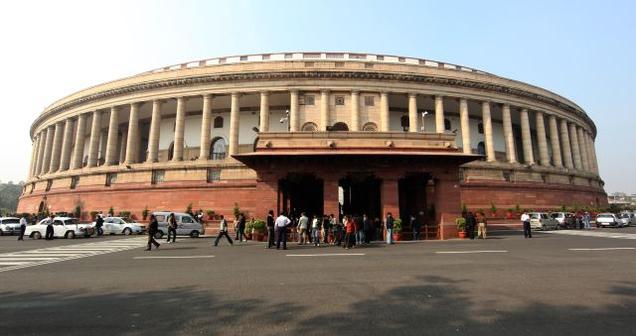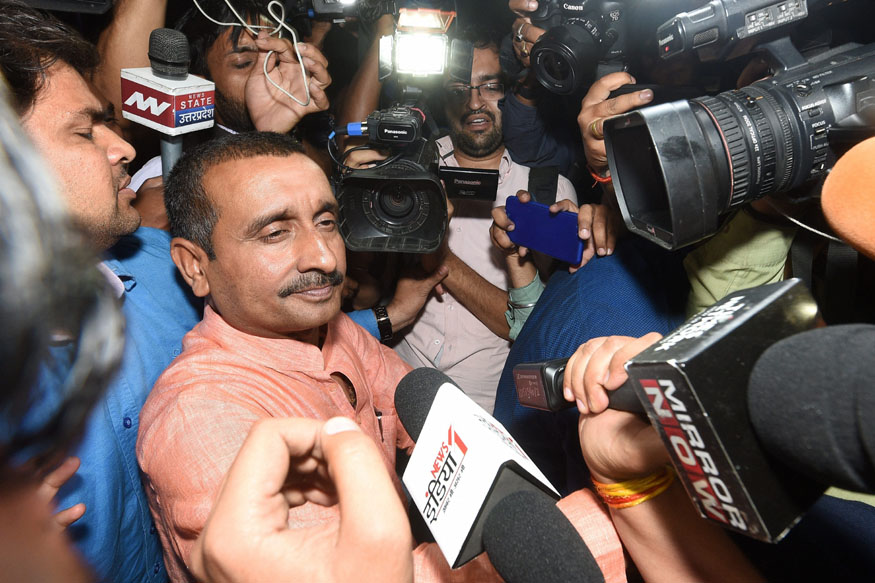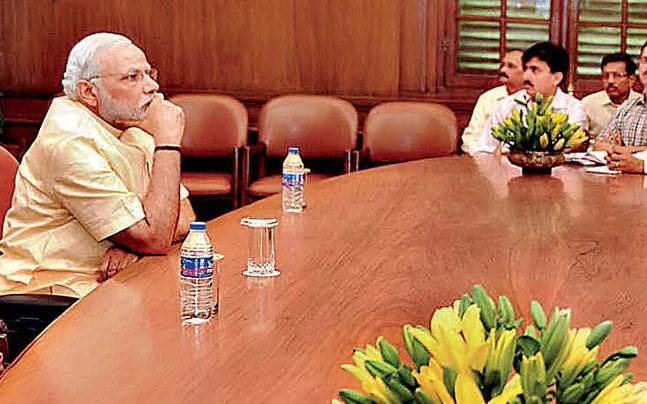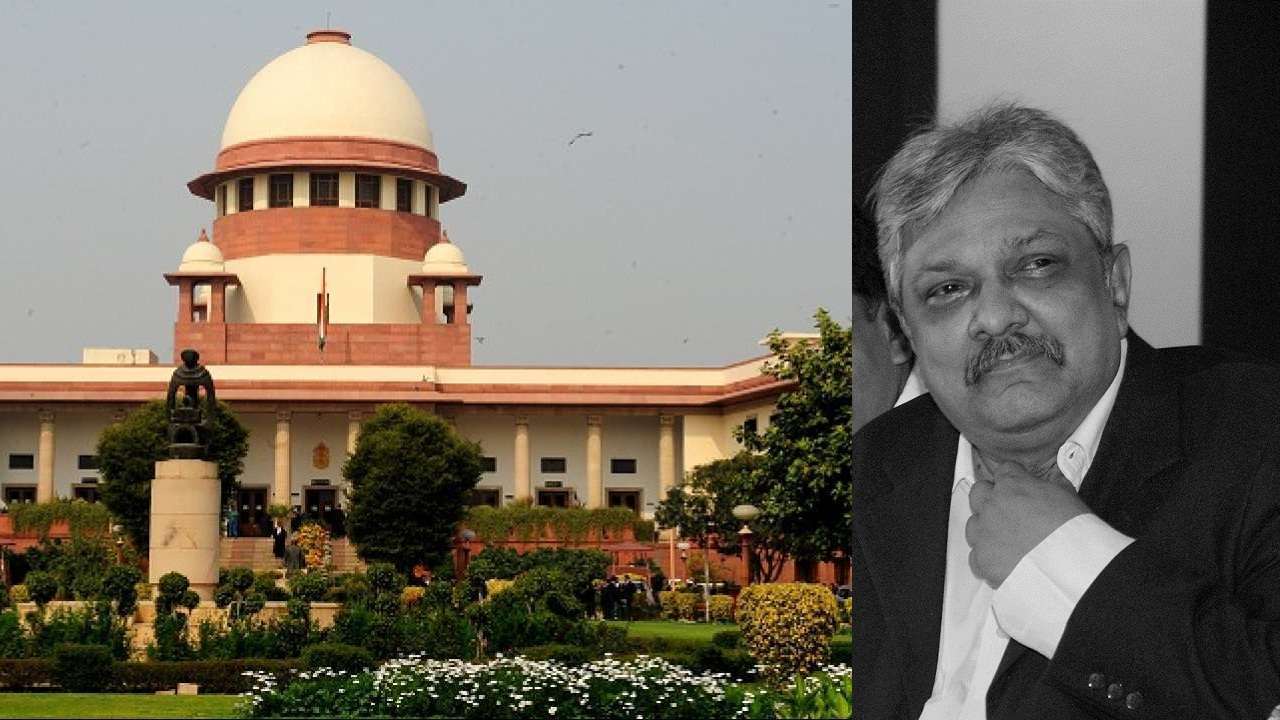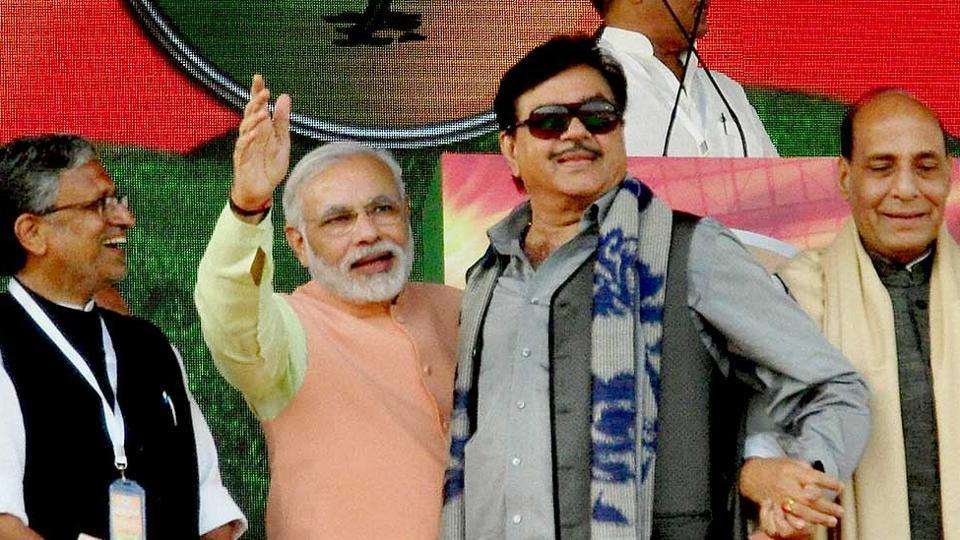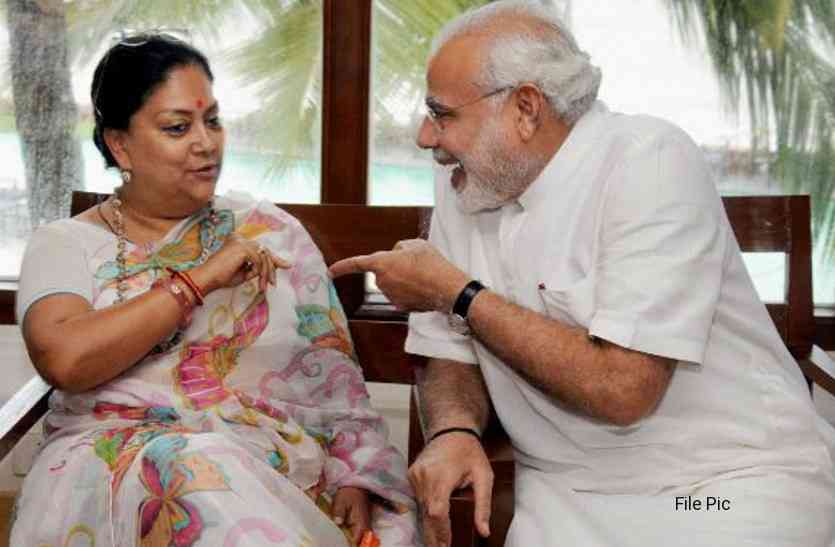Today Supreme Court washed it hand and said Parliament should make a law to ensure candidates with criminal antecedents don’t enter public life and take part in law-making
Earlier the Ruling bjp government has contended that the judiciary shouldn’t venture into the legislative arena by creating a pre-condition which would adversely affect the right of the candidates to participate in polls as there’s already the RP Act, which deals with the issue of disqualification.
Echoing the stand of centre government the Supreme Court today declined to bar election candidates with chargesheets in criminal cases from running for office, and issued directions with a view to curb the criminalisation of politics.
The five-judge Constitution bench, headed by Chief Justice Dipak Misra, had reserved its verdict on August 28.
Today, it said candidates must declare their criminal antecedents, and that political parties must put these up on their websites.
Parliament should make a law to ensure candidates with criminal antecedents don’t enter public life and take part in law-making, it said.
The court also said parties should issue declarations and give the antecedents wide publicity in the electronic media.
Under the Representation of Peoples (RP) Act, lawmakers are barred from running for office only after being convicted in criminal cases.
The Supreme Court bench also comprising Justices R F Nariman, A M Khanwilkar, D Y Chandrachud and Indu Malhotra had earlier indicated that voters have a right to know the antecedents of candidates, and the Election Commission could be asked to direct political parties to ensure that candidates facing criminal charges don’t contest on their tickets using their poll symbols.
It is important to note study the report released by the Association for Democratic Reforms (ADR) that showed the ruling Bharatiya Janata Party (BJP) has the most number of MPs/MLAs with cases of crimes against women.
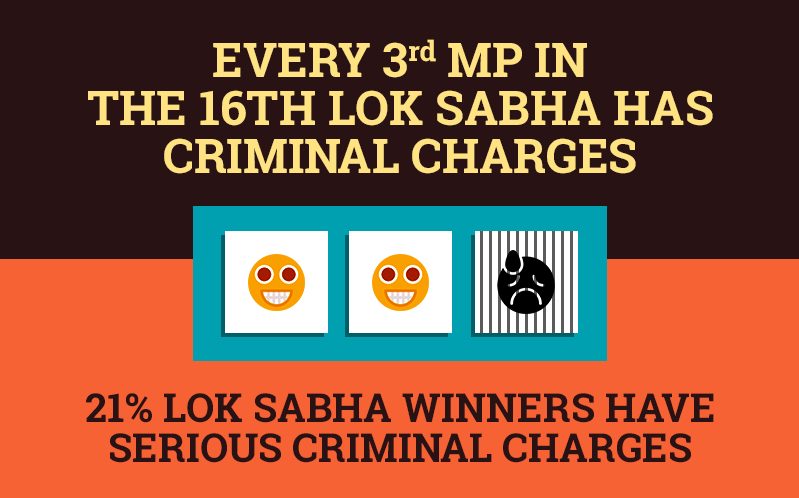
ADR analysed 4,845 out of 4,896 election affidavits of current MPs and MLAs to arrive at these startling figures. These include 768 of 776 affidavits of MPs and 4,077 out of 4,120 MLAs from all states.
The study says that of 1,580 (33 per cent) MPs/MLAs analysed with declared criminal cases, 48 have declared cases related to crimes against women.
Among various recognised parties, BJP has the highest number of such MPs/ MLAs, 12, followed by Shiv Sena with 7 and AITC with 6.Of these 48 MPs/MLAs with declared cases related to Crimes against women, 45 are MLAs and 3 are MPs.
Maharashtra has the highest number with 12 MPs/ MLAs that have declared cases of crimes against women, followed by West Bengal with 11 and Odisha and Andhra Pradesh each with 5.
The study shows that 327 candidates who have such cases pending against them were given tickets by recognised political parties.
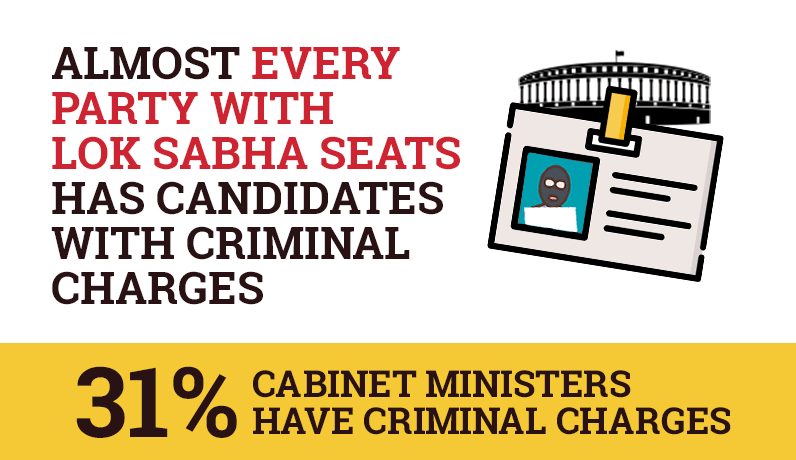
Among the major parties in the last 5 years, 47 candidates with declared cases of crimes against women were given tickets by the BJP.
The second highest number of candidates, 35, were given tickets by BSP followed by 24 candidates from Indian National Congress (INC) who had contested Lok Sabha, Rajya Sabha and state Assembly elections.
Even leaders who have heinous crime charges against them were preferred for tickets. The study says that in the last 5 years, recognized parties have given tickets to 26 candidates who had declared cases related to rape.
Now considering above data complied by ADR , Splco editorial team opine Supreme court being one amongst the four pillar of democracy could have taken or provided a checking mechanism in fixing the responsibility in criminality of Lawmakers for Law makers and should not have pushed the ball to law makers table to decide on this crucial issue that is now become a fundamental factor for nourishing democracy

